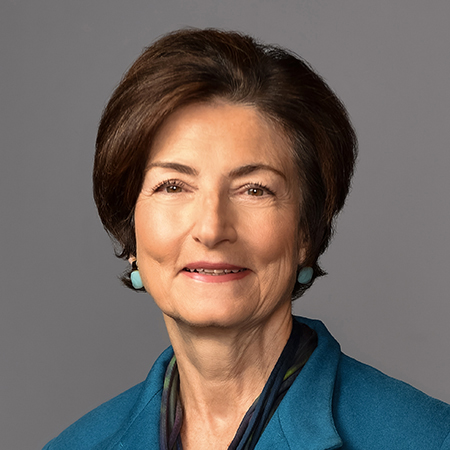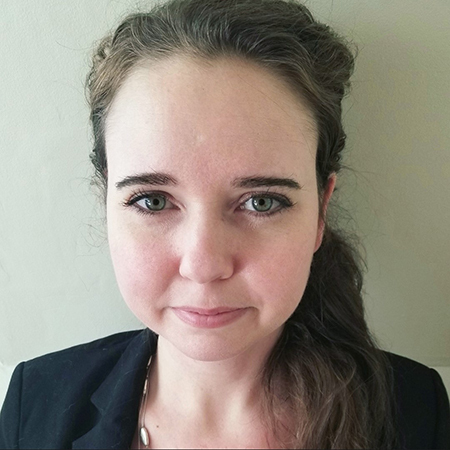Healthy Longevity: Public Health’s Next Frontier, a Framework for Research, Education, Practice, and Policy
With the global population aging at an unprecedented pace, public health must evolve to meet the challenges and opportunities of a longer-lived society. ASPPH’s newly released report, Healthy Longevity: Public Health’s Next Frontier, a Framework for Research, Education, Practice, and Policy, offers a transformative agenda to shift the focus from simply increasing years of life to enhancing the quality of those years.


A Bold Vision for the Future of Public Health
ASPPH established a Task Force for the Future of Healthy Longevity, composed of leading academic public health experts who are working to shape the future of aging worldwide.
ASPPH and the Task Force are leading a transformative movement to shift the focus from simply increasing lifespan to improving healthspan. Our newly released report, Healthy Longevity: Public Health’s Next Frontier, a Framework for Research, Education, Practice, and Policy, provides steps to achieve this goal.
We envision a society where extended years of life are matched by health, purpose, and meaningful engagement across all ages.
Why Healthy Longevity Matters
By 2030, one in five Americans will be over the age of 65. Chronic diseases, frailty, and mental health burdens are rising, but many are preventable. The report makes a compelling case:
- Americans are now living an average of 12.4 years in poor health.
- Nearly 90% of healthcare costs stem from preventable chronic disease.
- A one-year increase in healthy life expectancy yields an estimated $38 trillion in economic return.
ASPPH is responding with a comprehensive, life-course approach that integrates prevention, education, policy, and community design.

Public Health 4.0: The Framework for Healthy Longevity
We are re-envisioning an approach to public health that spans education, research, policy, and practice, known as Public Health 4.0. This work centers on creating a thriving society where healthy longevity is the cornerstone of public health systems. Key areas of focus include:

Education & Training
Integrating principles of healthy longevity into public health curricula at undergraduate, graduate, and doctoral levels.

Research & Innovation
Advancing science to better understand and address geroscience, reduce ageism, address chronic disease prevention, and mental health among aging populations.

Practice & Implementation
Redesign public health systems to prioritize prevention across the lifespan.

Policy & Advocacy
Support age-friendly communities and shift aging policy from burden-based to asset-based frameworks.
Healthy Longevity in Action: A Call to Invest
The potential for creating a healthier society is immense. Evidence from Blue Zones, areas where people live the longest, shows that lifestyle changes like healthy diets, physical activity, and strong community engagement can dramatically improve life quality. Now is the time to take these research findings into action. By investing in health across the life course, from childhood through old age, we can build a society where longer lives translate into thriving communities, helping to:

Prevent Chronic Diseases
Early interventions and lifelong education can reduce the burden of diseases like heart disease, diabetes, and dementia, giving individuals more years of active health.

Reinforce Social Connections
Combatting isolation and loneliness through community-based solutions and mental health initiatives will improve well-being across all ages.

Strengthen Public Health Systems
Rebuilding and repopulating the public health workforce is essential to meeting future challenges and ensuring equitable access to care for all populations.
A Collective Call to Action
The launch of Healthy Longevity: Public Health’s Next Frontier, a Framework for Research, Education, Practice, and Policy is more than the release of a report, it’s an invitation to lead change. We call on academic public health institutions, practitioners, policymakers, and partners across sectors to join us in shaping a future where longer lives are also healthier, more resilient, and more equitable. View our press release to learn more about the report and the collective effort it aims to spark.
Help us ensure that the gift of longevity is not measured by years alone, but by years well lived.
Resource
Healthy Longevity Task Force Members

Director, Program on Biosocial Aging and Health Equity, and Professor, Columbia University Mailman School of Public Health

Associate Professor, University of North Carolina Gillings School of Global Public Health

Bernadette Boden Albala
MPH, DrPH
Founding Dean and Professor, UC Irvine Joe C. Wen School of Population & Public Health

Director, Center for Community Health and Aging, and Associate Professor, Texas A&M School of Public Health

Director, Institute of Gerontology, and Associate Professor, University of Georgia College of Public Health

Associate Professor, University of Illinois Chicago School of Public Health

Director, Institute for Medicine and Public Health, and Professor, Vanderbilt University Medical Center









